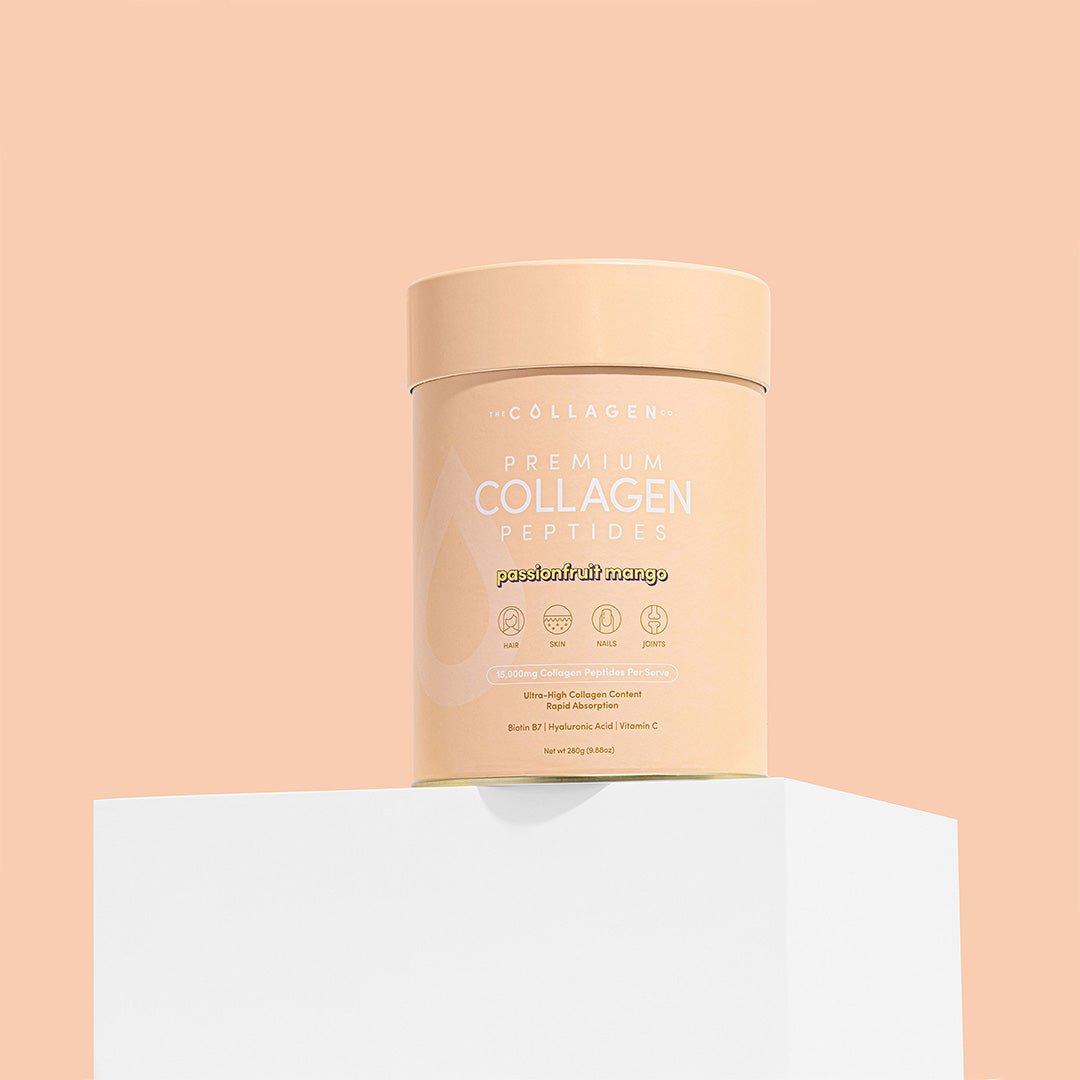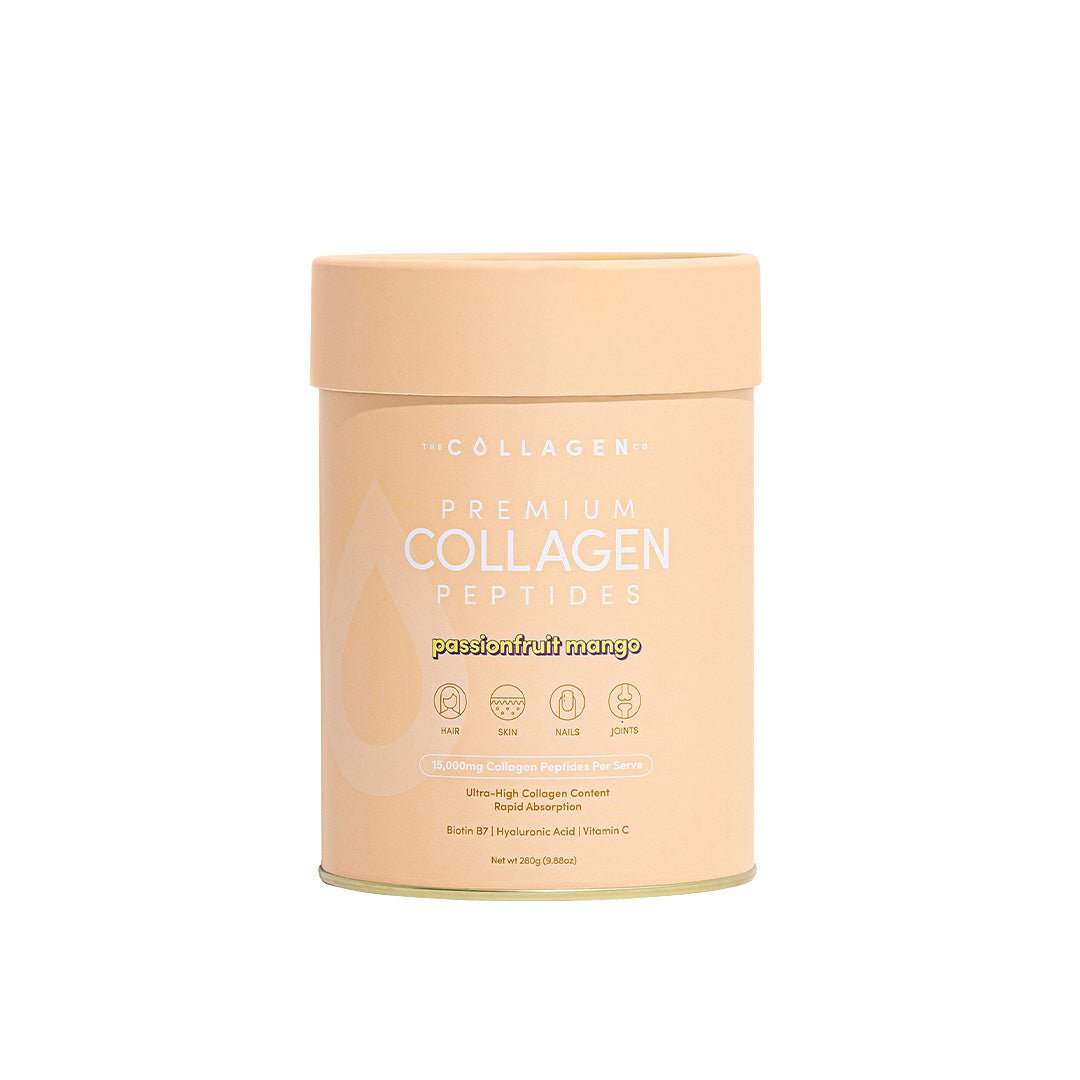Top 3 Bloating Causes (And Natural Remedies to Try for Relief)
Posted 29th December 2023

You’ve got a big day ahead of you, and you need to look your best to perform your best.
The only problem? Your go-to confidence-boosting outfits (from your favorite little black dress to high-waisted jeans) are now uncomfortable to wear; zipping up around the mid-section feels like having a boa constrictor wrapped around your belly. Agonizing.
In emergencies like this, you could always turn to over-the-counter (OTC) medications such as simethicone and activated charcoal for quick relief.
But what about natural remedies? Are there changes you can make?
Well … that’s why you should learn about the most common bloating causes — so you can actively prevent all that gas from building up in your gastrointestinal tract.
#1: Eating too much, too fast
First up on our list of bloating causes is a fast-and-furious eating speed.
See, when you wolf down your meal, 3 things happen:
- You take in more air than you would otherwise. And all those air bubbles in your stomach could cause gas buildup (i.e., bloating) and make you uncomfortable.
- Your stomach doesn’t get the chance to send satiety signals. Until it’s too late. That’s because research shows it takes 15 to 30 minutes for most people's brains to register that they're full. So, zooming through your meal increases the likelihood of overeating — exacerbating bloating by adding "bulk" to your stomach.
- You don’t chew enough. Chewing helps to break down food mechanically and release digestive enzymes (e.g., starch-digesting amylase) in saliva. Swallowing your food after barely 2 chews means the rest of your digestive tract must pick up the slack. Food may thus sit longer in each digestive organ, giving it a chance to ferment and produce gas. It's the perfect recipe for bloating.
The solution is straightforward. Slow down.
And if you find that a Herculean task because it’s sorely at odds with your life “go-go-go” philosophy, the following tips may help:
- Change up your food order: Eat your proteins and harder-textured foods (e.g., crunchy carrots and celery sticks) first. Protein is the most satiating macronutrient, while research shows that eating hard foods tends to decrease the total energy consumed during meals compared to softer foods.
- Practice mindful eating: Eat without distractions. That means away from your laptop, TV, iPad, phone, etc. Pay attention to every mouthful of your food. What does it taste like? Its temperature? Texture? You’ll invariably slow down.
#2: Specific foods
Is there a specific type of food that causes bloating? Yes, it turns out there are several:
- Milk, cheese, or other dairy foods: Never had issues with dairy foods, but suddenly bloating like crazy after indulging in a cheese platter? You might not know it, but it's pretty common to develop lactose intolerance later in life because the body's production of lactase (the enzyme that breaks down lactose) decreases with age. So, this could help explain your new complications with dairy products.
- Gluten-containing foods: This is only if you’re gluten intolerant. For the uninitiated, gluten is a protein found in wheat, barley, rye, and other grains. It's in many common foods and drinks, including cereal and pasta.
- High-fiber foods: Fiber is good for you … until you eat too much of it — so much of it that it slows down your digestion and causes bloating (because everything in your gastrointestinal tract starts fermenting). But how much is too much? Well, research suggests that a daily fiber intake of 25 to 35 grams works best for healthy digestion.
- Greasy foods: Of all the macronutrients (carbs, fat, and protein), fat is the most slowly digested. This means greasy foods often need more time in your stomach, and by now, you should be familiar with how this plays out. Yep, fermentation, building up of gas, then bloating.
Of course, foods that actually cause bloating for you can differ from what’s listed above. Food-related bloating causes are often individualistic.
So, you may find keeping a food diary worthwhile: log down the foods you’ve eaten and whether you experienced bloating. Over time, this could help you spot patterns and identify the sneaky bloat-causing culprits.
Consult a doctor or dietitian
A friendly reminder: once you’ve ID-ed the foods responsible for your bloat, don’t be too eager to nix them out of your diet.
It’s always a good idea to consult a doctor or registered dietitian before making drastic changes to your diet; this lowers your risk of accidentally depriving your body of the nutrients it needs.
#3: Unbalanced gut microbiome
The last on our list of bloating causes is an unbalanced gut microbiome.
To keep things brief, here's what you need to know. Under normal circumstances, your body maintains a balance between "good" and "bad" gut microbiota.
But this balance can be thrown off — a phenomenon known as gut dysbiosis — creating the perfect environment that encourages the overgrowth of gas-producing microbes, such as Proteobacteria.
So, how can you restore balance to your gut microbiome and prevent bloating? Consider doing these 3 things:
- Take probiotics: A 2020 review published in Clinical Gastroenterology and Hepatology noted that probiotics could reduce bloating by modifying the gut microbiome.
- Eat the right amount of fiber: Dietary fiber is crucial for optimal gut health. However, as mentioned earlier, eating too much fiber can ironically cause bloating, so stick with the sweet spot of 25 to 35 grams daily.
- Take care of your gut lining: Interestingly, recent research suggests that “good” gut bacteria actively “sense” the mucus lining of the gut, relying on that information as a guide to stay in their proper place. I.e., an unhealthy gut lining could cause abnormal bacterial behavior and bloating. And 1 way you could take care of your gut lining? Take hydrolyzed collagen peptides, such as our Premium Collagen Peptides or Super Beauty Greens
Get persistent bloating checked out by a doctor
Now, bloating can be perfectly normal. But it can also be a sign of something more serious.
If you experience persistent bloating that occurs 3 to 4 times weekly or experience any of the following symptoms:
- Abdominal pain
- Rectal bleeding
- Bloody stools
- Change in bowel habits
- Nausea
- Vomiting
- Unintended weight loss
- Fatigue
… then consider scheduling an appointment with your primary healthcare doctor to figure out what’s going on (and get peace of mind).









































